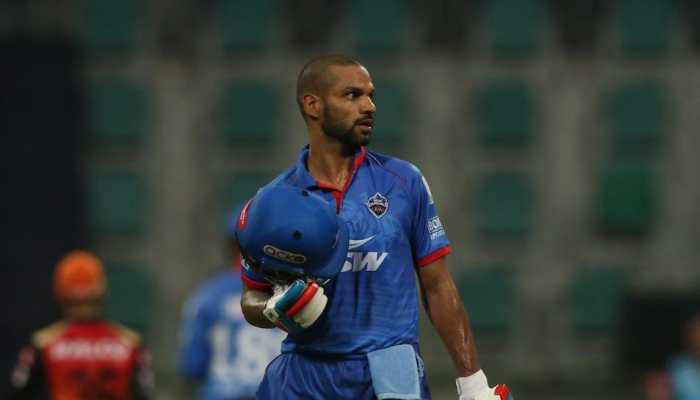EU faces `difficult` talks on Russia sanctions: Germany
Current EU sanctions on Russia`s banking, defence and energy sectors expire in July.
Trending Photos
)
Riga: Germany said on Thursday the EU was facing difficult talks on extending sanctions against Russia over the conflict in Ukraine due to the increased resistance of some member states, and denied that a new Cold War was afoot.
German Foreign Minister Frank-Walter Steinmeier told the Baltic News Service (BNS) "we are aware that resistance in the EU to extending the sanctions towards Russia has increased.
"It will be more difficult than it was last year to find a common position on this issue," he added.
"What will be the situation at the end of the month when a decision is taken on sanctions? I don`t know," he admitted, speaking in the Latvian capital Riga.
EU foreign policy chief Federica Mogherini told a German daily last week she expects an extension of the sanctions.
Steinmeier did not single out specific EU countries resisting continued sanctions, but Italy and Hungary have been among the most sceptical while Poland and the Baltic states have repeatedly pressed for maintaining pressure on Moscow.
Current EU sanctions on Russia`s banking, defence and energy sectors expire in July. Extending them will require a unanimous vote, and EU leaders are expected to discuss the issue next month.
Steinmeier told BNS that Germany would "work hard to ensure that Europe presents a united front on this question", adding that penalties remain "inextricably linked" to the peace deal over eastern Ukraine.
The 2015 peace accords signed in the Belarusian capital Minsk call for a ceasefire along with a range of political, economic and social measures to end the conflict that has claimed more than 9,300 lives since April 2014.
Ties between Russia and the West have plunged to their lowest point since the Cold War over Moscow`s 2014 annexation of the Crimean peninsula from Kiev, and its support for separatist rebels in eastern Ukraine.
Steinmeier told BNS that the West needed to engage in dialogue with Russia to "rebuild" lost trust and tackle crises in Syria and Libya.
It was "good" that the NATO-Russia Council would meet ahead of the Warsaw summit, he added.
"We are not entering a Cold War situation because the world now is much more complex than it was in the 60s and 70s," he said in Latvia, after an earlier stop in neighbouring Baltic state Lithuania for talks focused on NATO`s July summit in Warsaw.
"We need to find the right balance between deterrence and detente."
Spooked by Russia`s actions, eastern European states have lobbied the US-led military alliance to increase its presence along its eastern flank.
Stay informed on all the latest news, real-time breaking news updates, and follow all the important headlines in india news and world News on Zee News.
Live Tv







)
)
)
)
)
)
)
)
)
)
